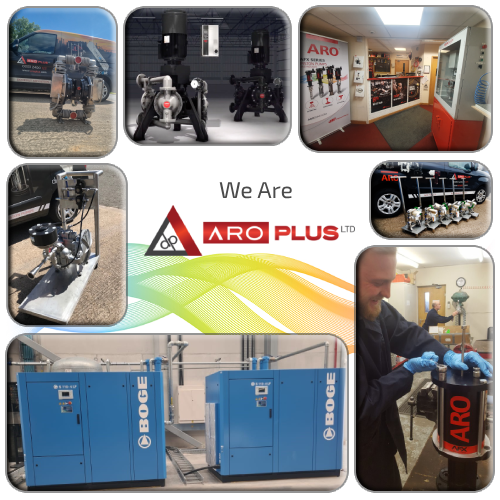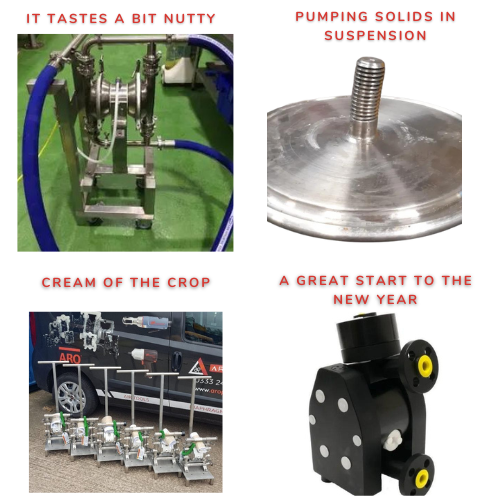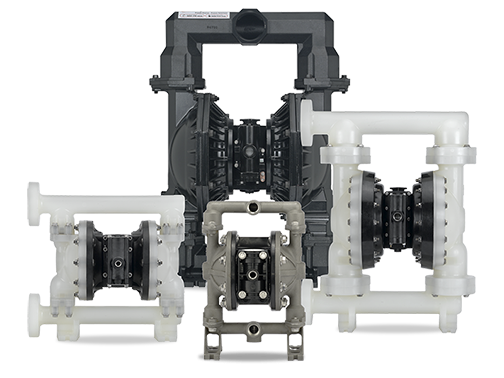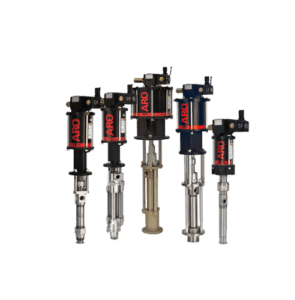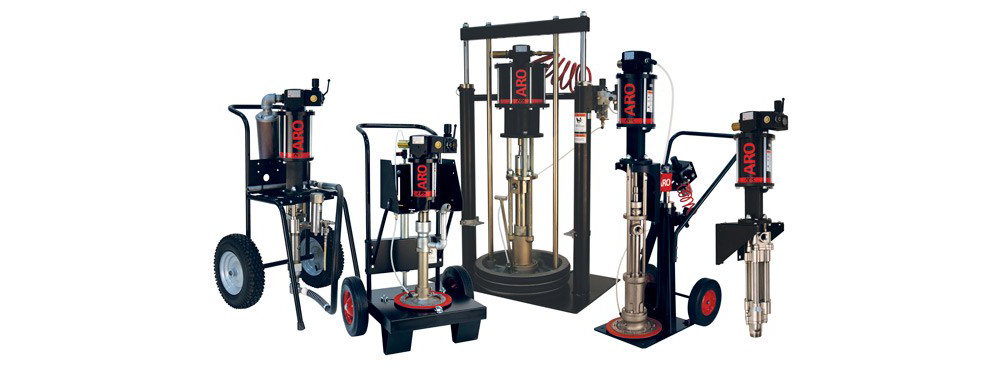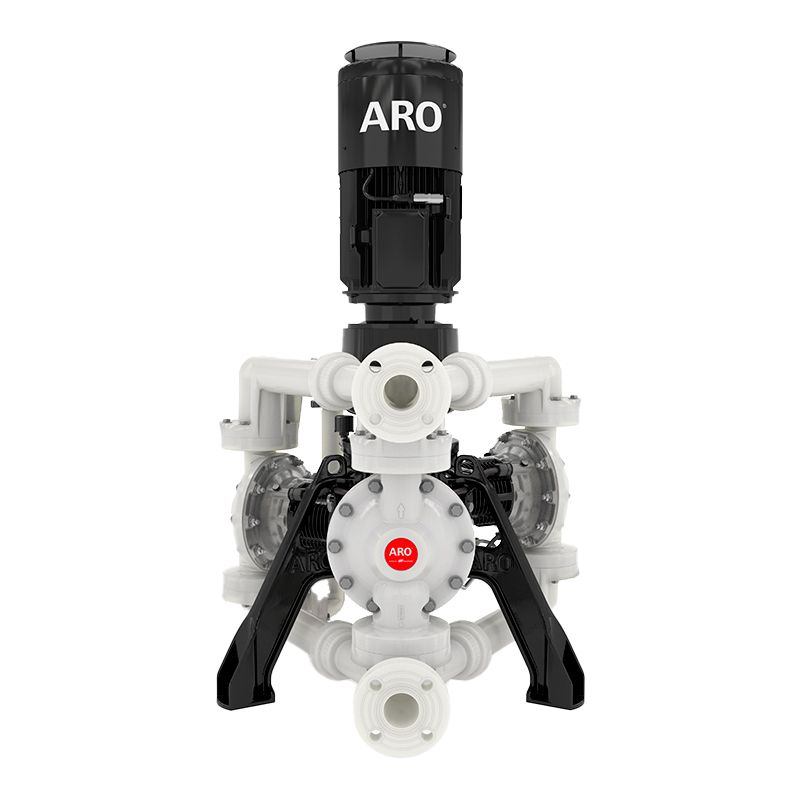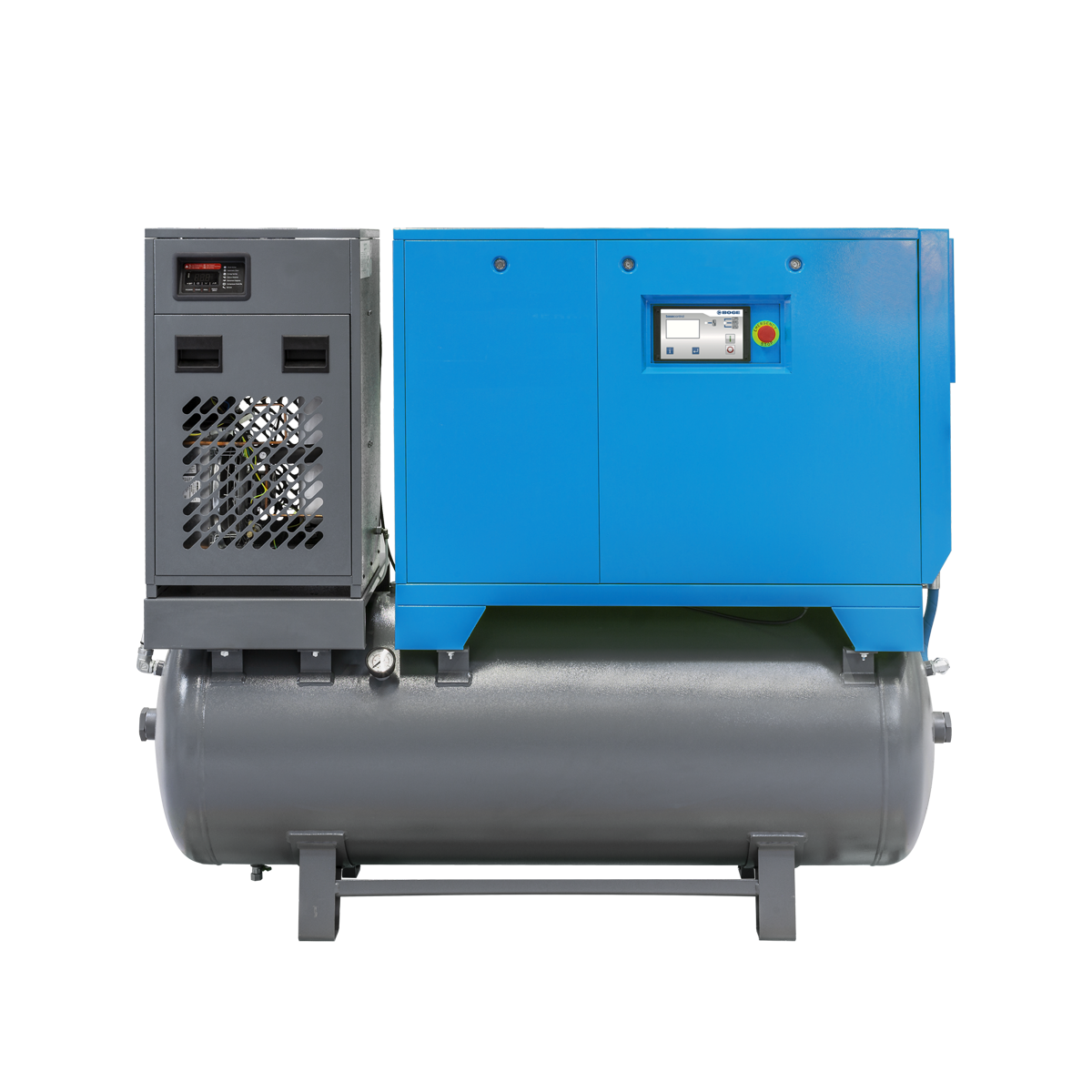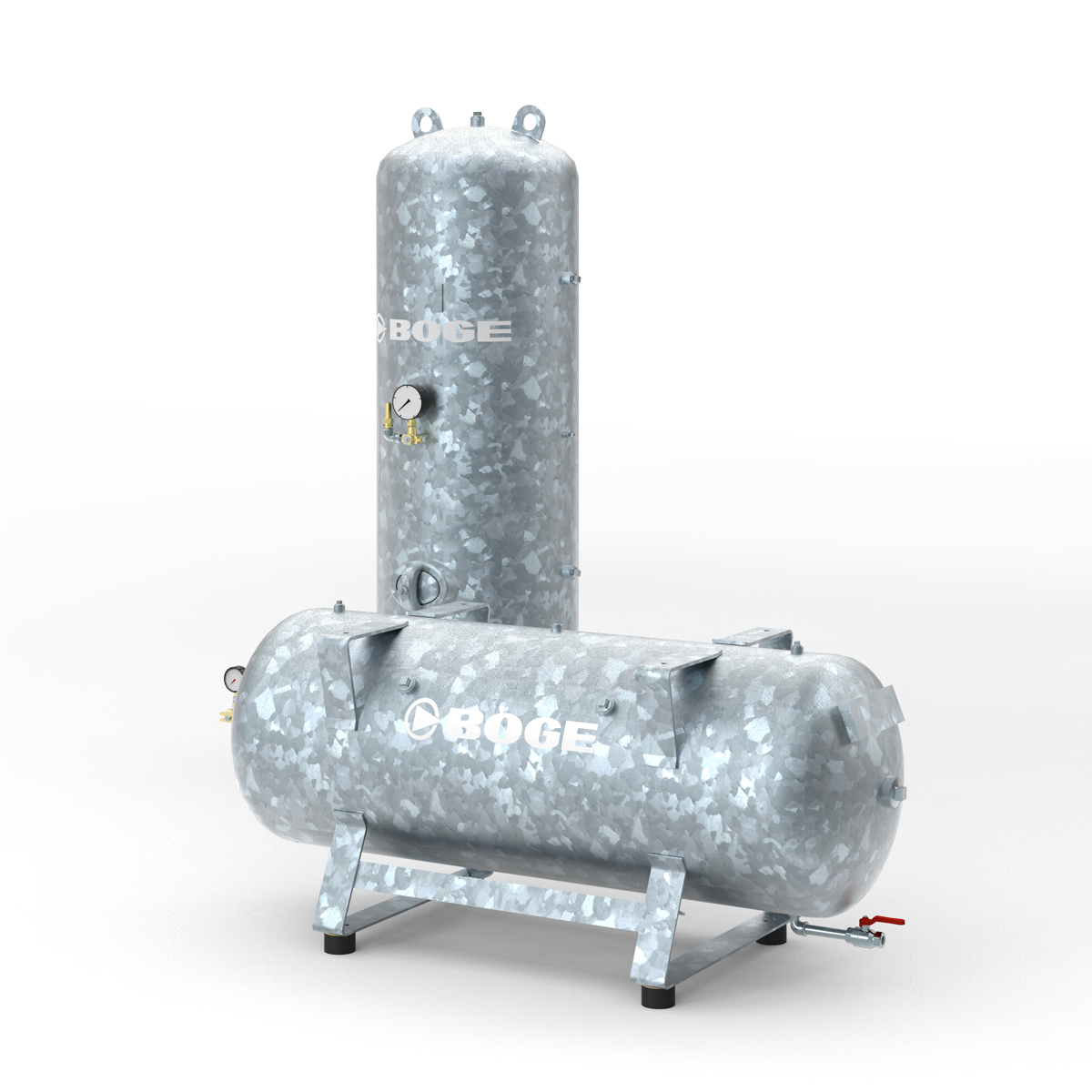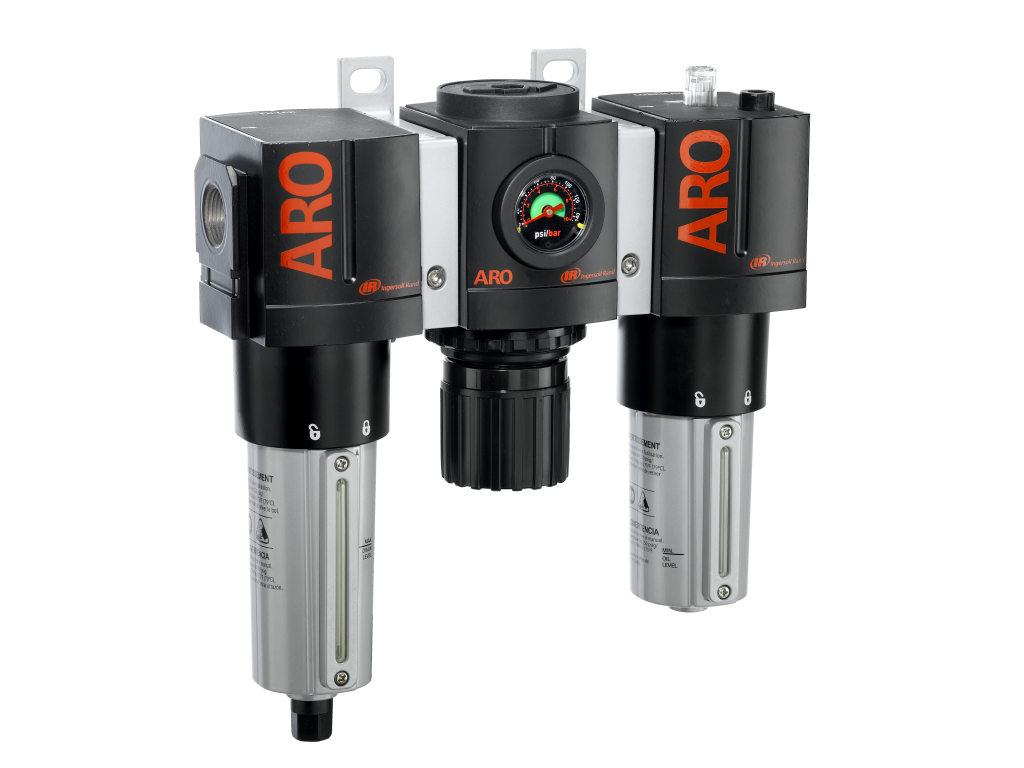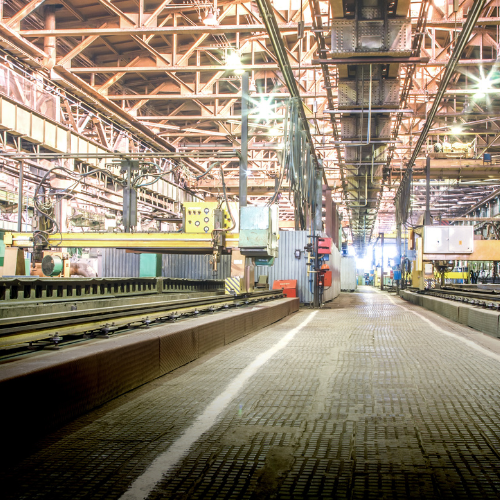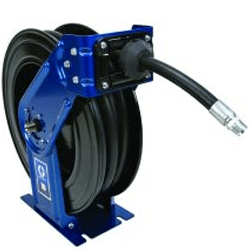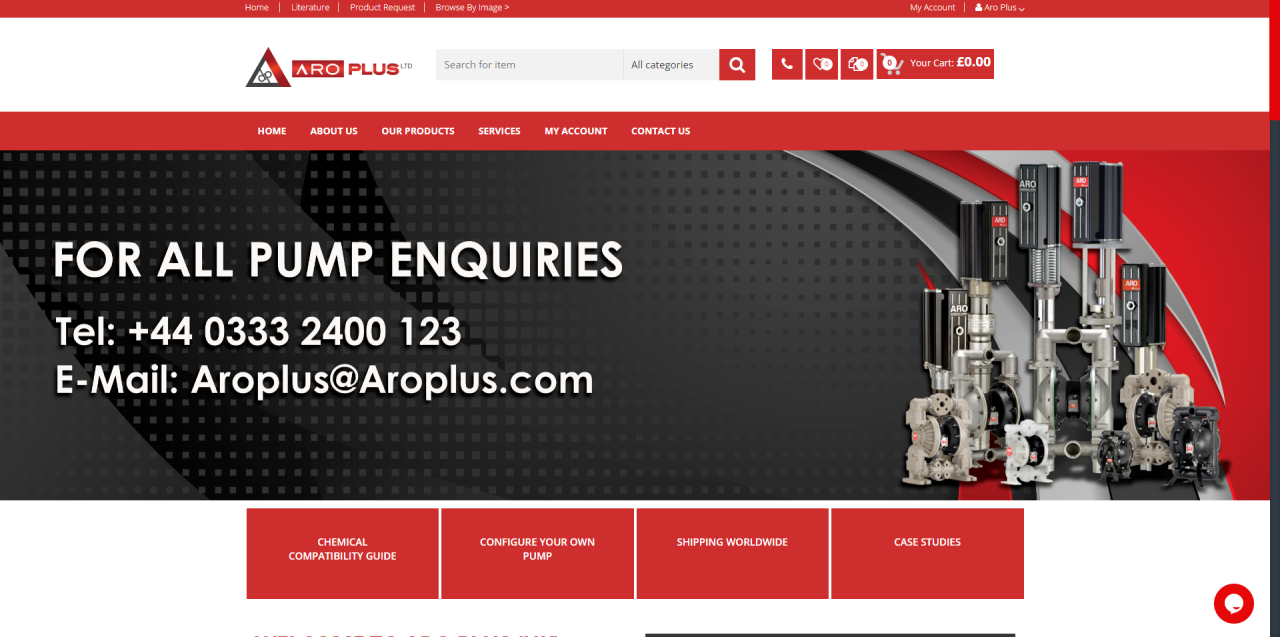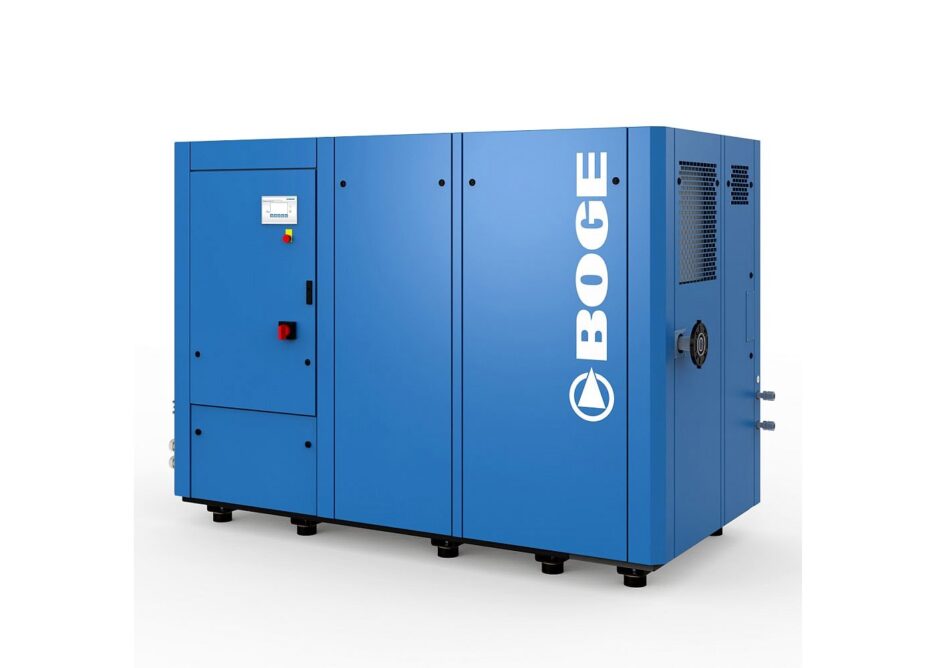Compressors
Introduction To Air Compressors
Introduction to Air Compressors
Air compressors are essential machines that convert power into potential energy stored in compressed air. They are widely used across various industries, from manufacturing and construction to automotive repair and HVAC systems.
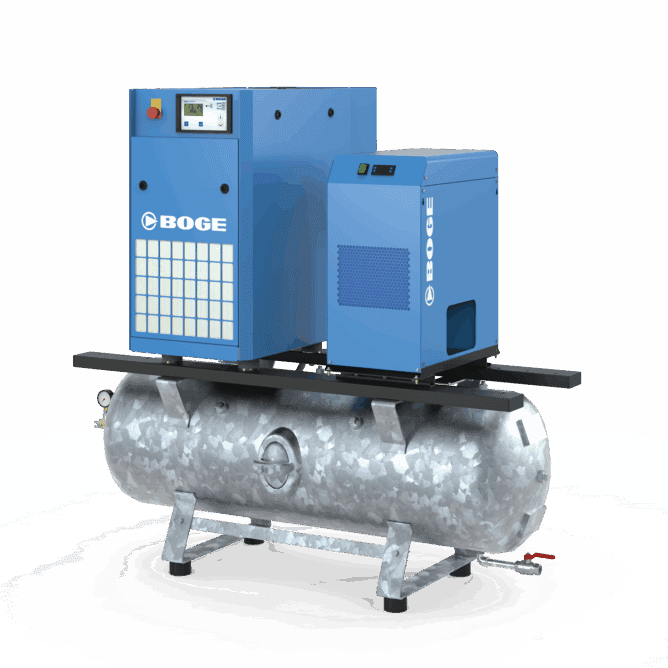
Types of Air Compressors
Reciprocating Compressors
These use pistons to compress air, delivering high-pressure output. They are reliable, efficient, and widely used in industrial applications
Rotary Screw Compressors
Featuring two meshing spiral-shaped rotors, these compressors offer continuous air supply and are often used in medium to large-scale operations.
Centrifugal Compressors
Relying on rotating impellers, these compressors are better suited for high-volume, low-pressure applications, like HVAC systems.
Factors to Consider When Selecting an Air Compressor
Air Demand
Determine the required flow rate and pressure for your specific application.
Energy Efficiency
Consider the compressor’s power consumption and operating costs.
Noise and Vibration
Assess the compressor’s sound level and potential for vibration, especially in noise-sensitive environments.
Maintenance Requirements
Understand the compressor’s servicing needs and accessibility for maintenance.
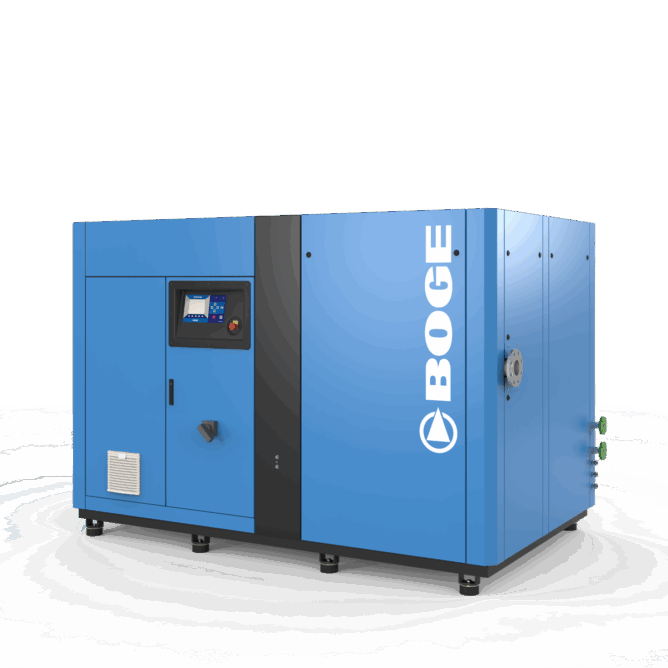
Compressor Capacity and Flow Rate
-
Capacity
The volume of air a compressor can deliver, measured in cubic feet per minute (CFM).
-
Flow Rate
The rate at which the compressor can deliver compressed air, influenced by the system’s demand.
-
Matching Demand
Selecting a compressor with the right capacity and flow rate is crucial to meet the application’s requirements.
Compressor Efficiency and Energy Consumption
Energy Efficiency
Efficient compressors use less energy, reducing operating costs and environmental impact.
Operating Costs
Energy consumption is the primary driver of a compressor’s lifetime operating costs.
Sustainability
Energy-efficient compressors contribute to overall environmental sustainability.
Performance Metrics
Compressor efficiency is measured by parameters like power input, air output, and energy consumption.
Compressor Noise and Vibration
Noise Reduction
Compressors can be equipped with sound-dampening enclosures to minimize noise pollution.
Vibration Control
Proper installation and mounting help reduce the transmission of vibrations to the surrounding environment.
Workplace Comfort
Addressing noise and vibration concerns creates a more comfortable work environment for employees.
Maintenance and Servicing of Air Compressors
Regular Inspections
Scheduled maintenance checks help identify and address any issues before they become major problems.
Filter Replacements
Replacing air filters and oil filters ensures optimal compressor performance and longevity.
Professional Support
Seeking assistance from qualified technicians can help ensure proper maintenance and repairs.
Recordkeeping
Maintaining detailed service logs can help track the compressor’s history and predict future maintenance needs.
Conclusion and Recommendations
Selecting the right air compressor is crucial for ensuring efficient, reliable, and cost-effective operation. By considering factors such as air demand, energy efficiency, noise and vibration, and maintenance requirements, businesses can make an informed decision that aligns with their specific needs and goals.


